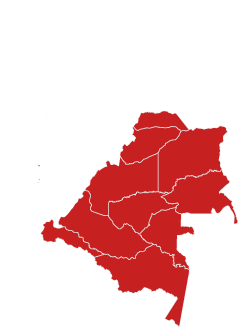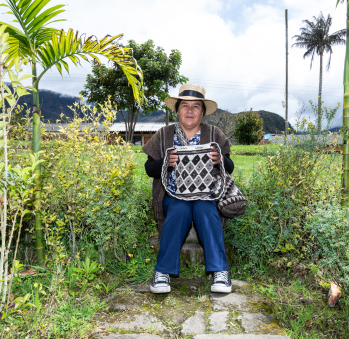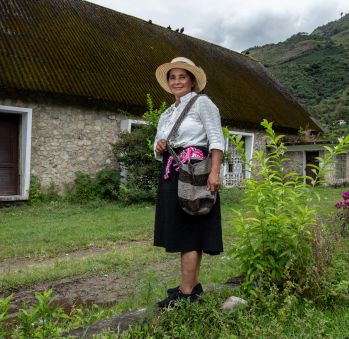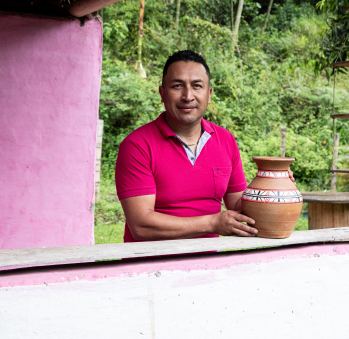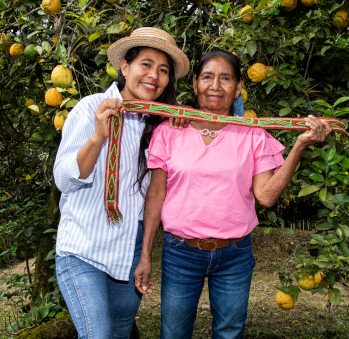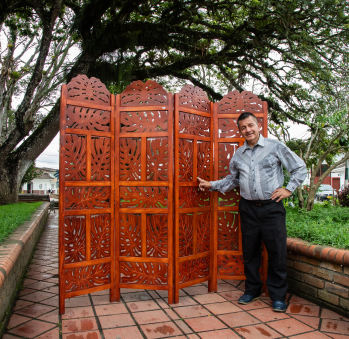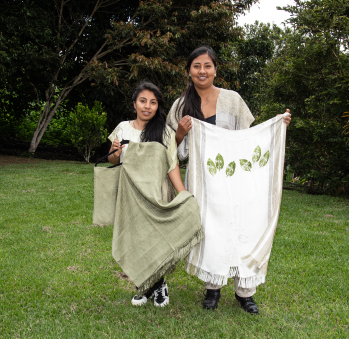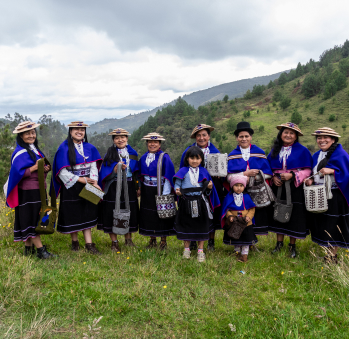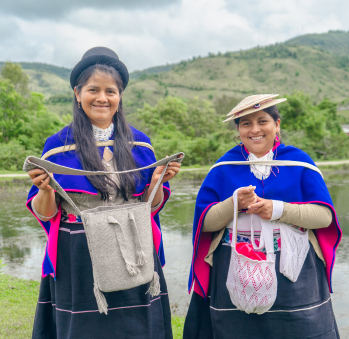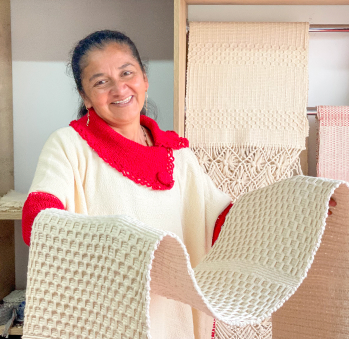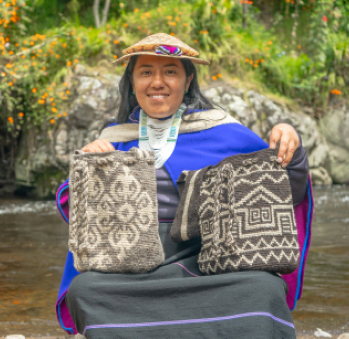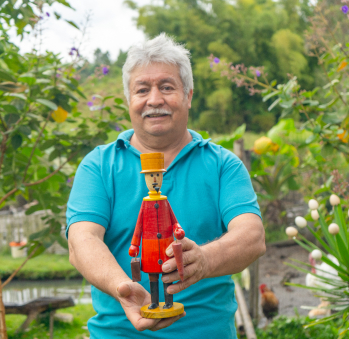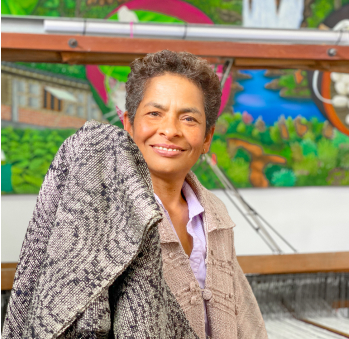Espiral Misak y Patricia Hurtado
Workshop: Espiral Misak
Craft: Weaving
Trail: Popayán-Páez Route
Location: Silvia, Cauca
SCHEDULE YOUR VISIT
Calle 13 # 6-12 Silvia, Cauca
3104675113
epatohurtado22@gmail.com
@espiral.misak
@espiral.misak
Patricia speaks with the pride of knowing she is heir to the knowledge of her Misak culture. She knows that every word she utters is the legacy of the shures and shuras, of her “mayores” or elders. Every stitch she gives, everything she speaks of is the result of the memory built when her ancestors walked through those lands. She also recognizes that she is just another voice, empowered, yes, but still just another member of a community of women, who, together with their leader, Cecilia Tombé, or “Mamá Ceci” as she is known, founded Espiral Misak in 2015. Espiral Misak’s mission is to disseminate their identity, as well as to rediscover what has been lost over the years.
Treasuring handcrafted work is a way in which they rediscover themselves. This is essential and sets forth a process of self-reflection. For example, the attire this community wears virtually every day is a traditional and sacred craft. For this reason, whenever people who are not part of the community want to wear it, they have to face serious dilemmas. She says that one time not so long ago a tourist came to admire a mochila bag that belonged to a Misak indigenous woman and asked her how much it was worth. She was only able to mutter as an answer that it was worth as much as they wanted to offer for it. “As a result, we began to value our time and the wisdom and skills that we have. It is the gift from our elders, passed down from generation to generation,” Patricia explains.
Part of this immense exercise of self-recognition has consisted of sitting among themselves to understand that the craft they have mastered —weaving, that is—, is a legacy that tells a story, and it should be remembered every time they sit down to practice it. Moreover, the transmission of knowledge means sharing these stories that are woven and dressed in anacos, hats, chumbes and necklaces. In fact, they made a mochila bag in homage to one of those strong women who left her mark on the community: Mamá Manela. In this way, every time they weave following her stitches, they bring her back to life. Likewise, they make the design of Seeds and acknowledge through the mochila bags every drop of water that falls on the earth as the power of life. That is how they celebrate life and birth. Additionally, they have gained the strength needed to slowly eradicate the sexism that has surrounded these women for so long. They have begun to put a stop to it by teaching their people to understand how their artisanal trade also contributes to their household economy. Patricia has started to educate her own husband, Segundo Tunubalá. Together, they are trying to change the way the Guambiano or Misak people relate to each other to create a more horizontal relationship among couples. In fact, Segundo is the only man who belongs to Espiral Misak, which shows how committed he is to the cause of women’s rights.
This is how these women are creating a new narrative for themselves and for the department of Cauca, which is sometimes unjustly labeled as violent because of the fierceness of its indigenous communities. They have survived the persecution with dignity. The violence that has attacked the department for years has other origins that they themselves seek to defeat by seeking a balanced relationship with the land. Espiral Misak knows this, so we invite you to visit them and immerse yourself in this peaceful and harmonious culture.
Craft












Artisans along the way
Artisans along the way
No puede copiar contenido de esta página

